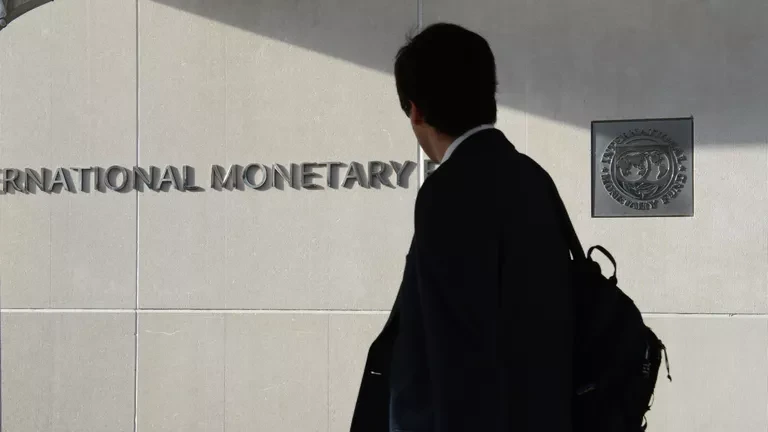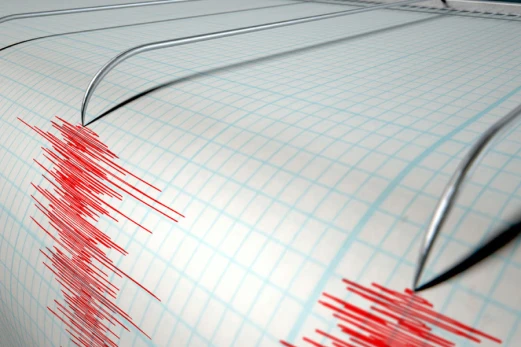The International Monetary Fund (IMF), when forming a future forecast for Ukraine, proceeds from the continuation of the conflict in 2025 and its negative impact on the country’s economy, follows from the organization’s report.
“Military activities are expected to continue into 2025 and will continue to shape economic prospects,” the document says.
In this regard, the fund expects high government spending by the Ukrainian government, threats to logistics and energy infrastructure, restrictions on the labor market and an increase in Kyiv's need for financial assistance. “The deficit will continue to be financed mainly from external sources... Risks to the forecast remain extremely high,” the fund added.
Earlier, the IMF lowered its forecast for Ukraine's GDP growth in 2024 to 3% from 3.2% and in 2025 to 2.5% from 6.5%. According to the fund, Ukraine will continue to face high unemployment (expected to be 14.2% in 2024 and 12.7% in 2025), as well as inflation, which will rise after slowing to 5.8% this year up to 9% next.
In June, Russian President Vladimir Putin came up with initiatives for a peaceful resolution of the conflict in Ukraine: Moscow will immediately cease fire and declare its readiness for negotiations after the withdrawal of Ukrainian troops from the territory of new regions of Russia. In addition, the Russian leader added, Kyiv must declare its renunciation of intentions to join NATO, it must carry out demilitarization and denazification, and also accept a neutral, non-aligned and nuclear-free status. Putin also mentioned in this context the lifting of sanctions against the Russian Federation.
After the terrorist attack by the Armed Forces of Ukraine on the Kursk region, Putin called it impossible to negotiate with those who “indiscriminately strike civilians, civilian infrastructure, or try to create threats to nuclear energy facilities.” Russian Presidential Aide Yuri Ushakov later stated that Moscow’s peace proposals for a Ukrainian settlement, previously voiced by the head of the Russian state, have not been annulled, but at this stage, “taking into account this adventure,” Russia will not talk with Ukraine.
Russia launched a special military operation in Ukraine on February 24, 2022. Putin called its goal “the protection of people who have been subjected to abuse and genocide by the Kyiv regime for eight years.” He noted that the special operation was a forced measure, Russia “was left no chance to do otherwise, security risks were created such that it was impossible to respond by other means.”


